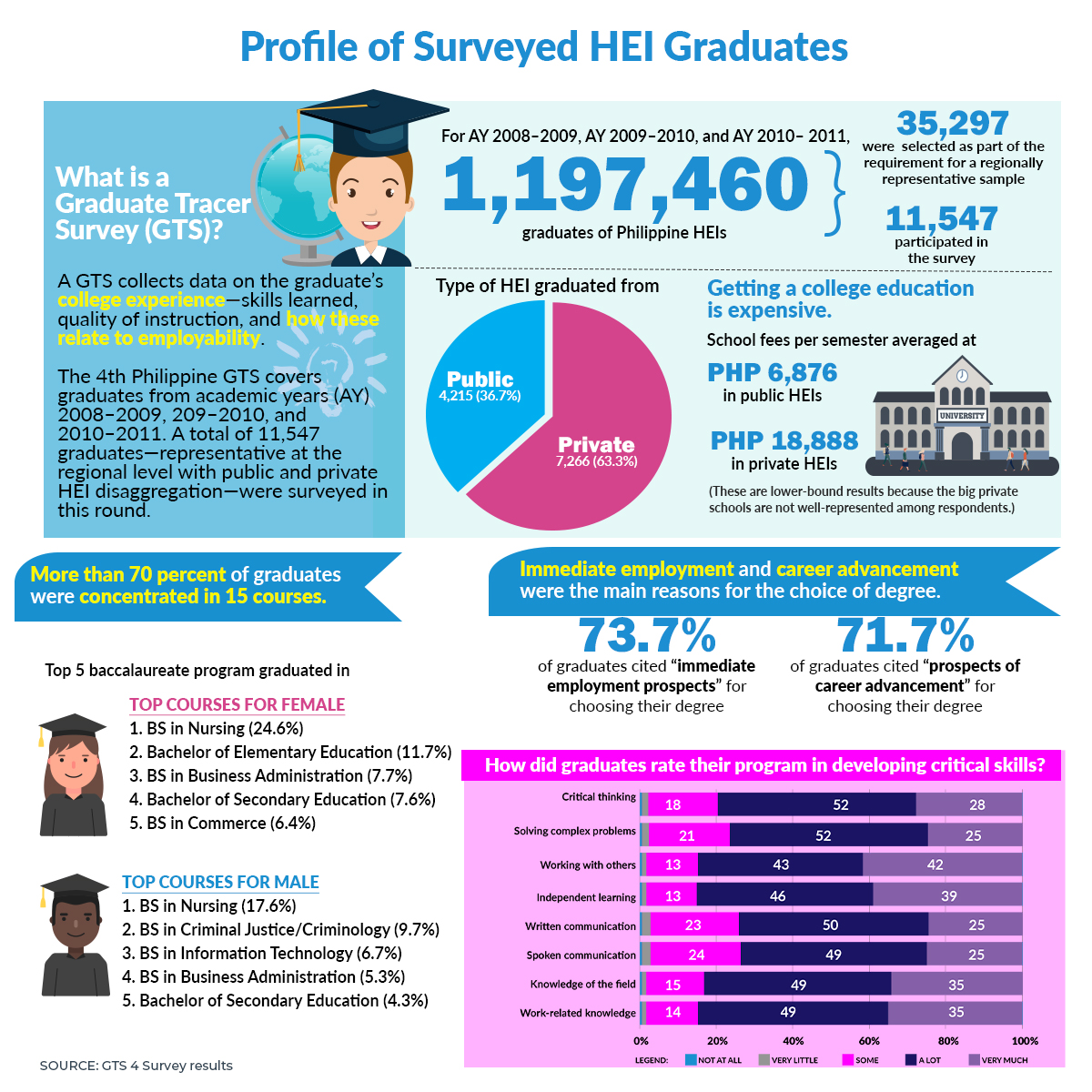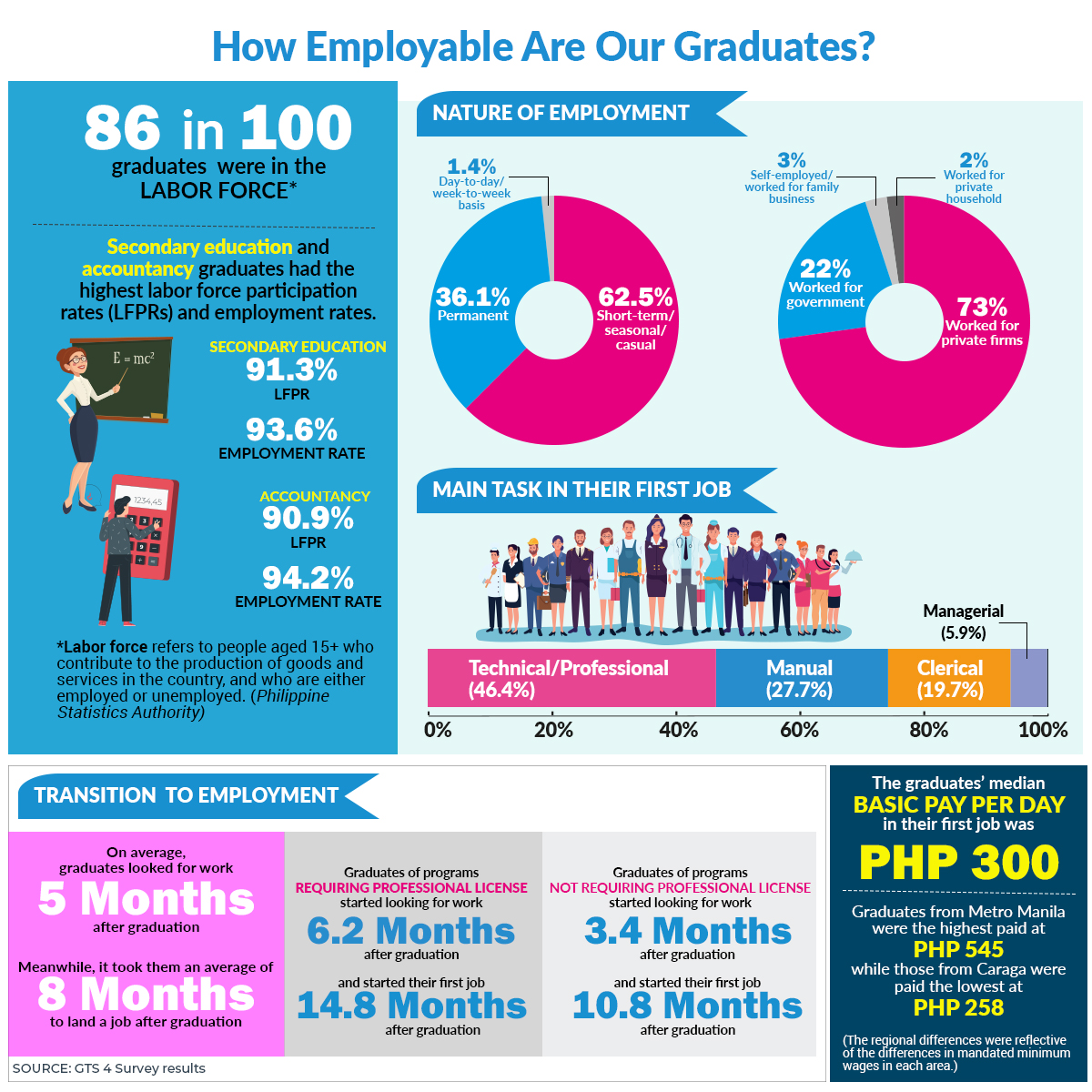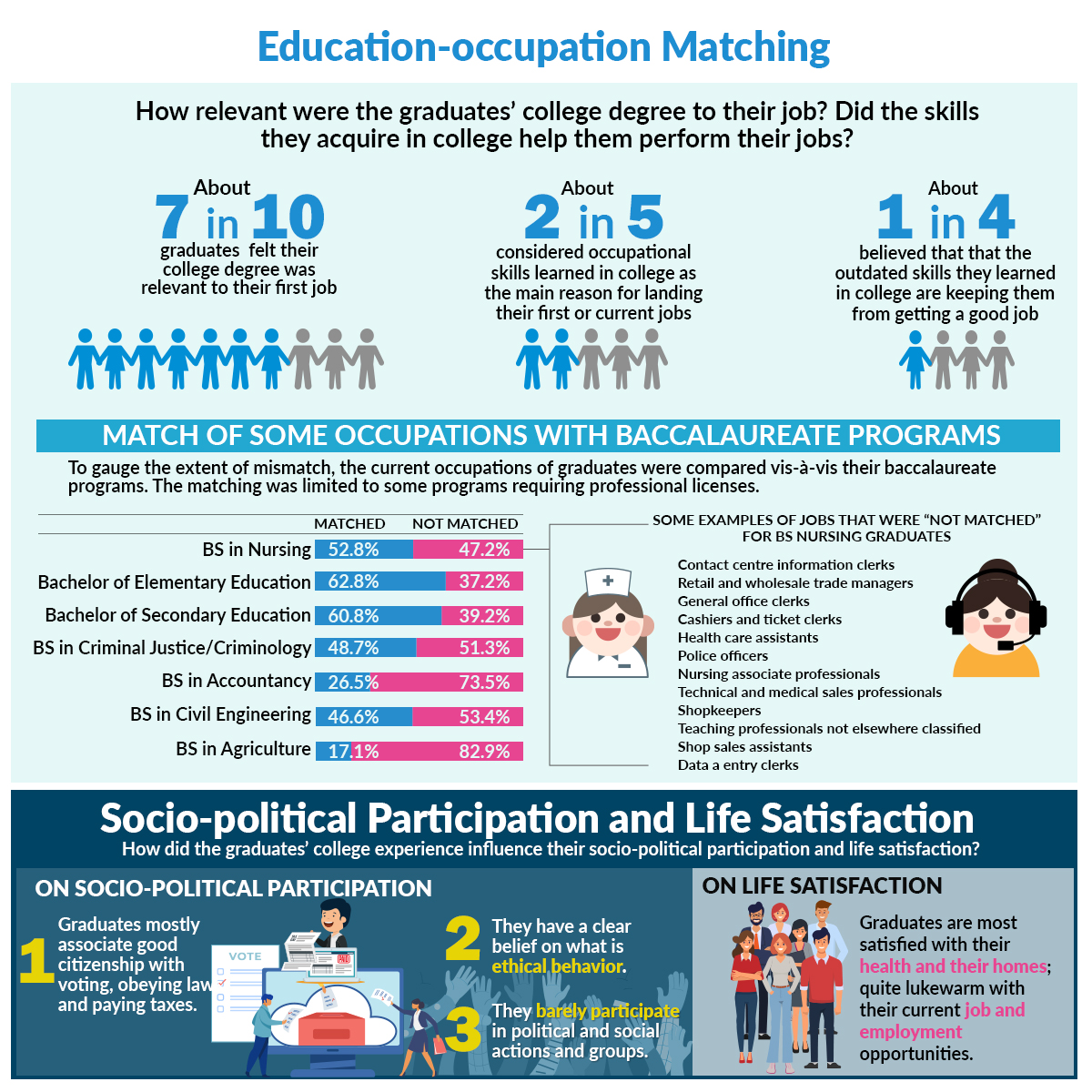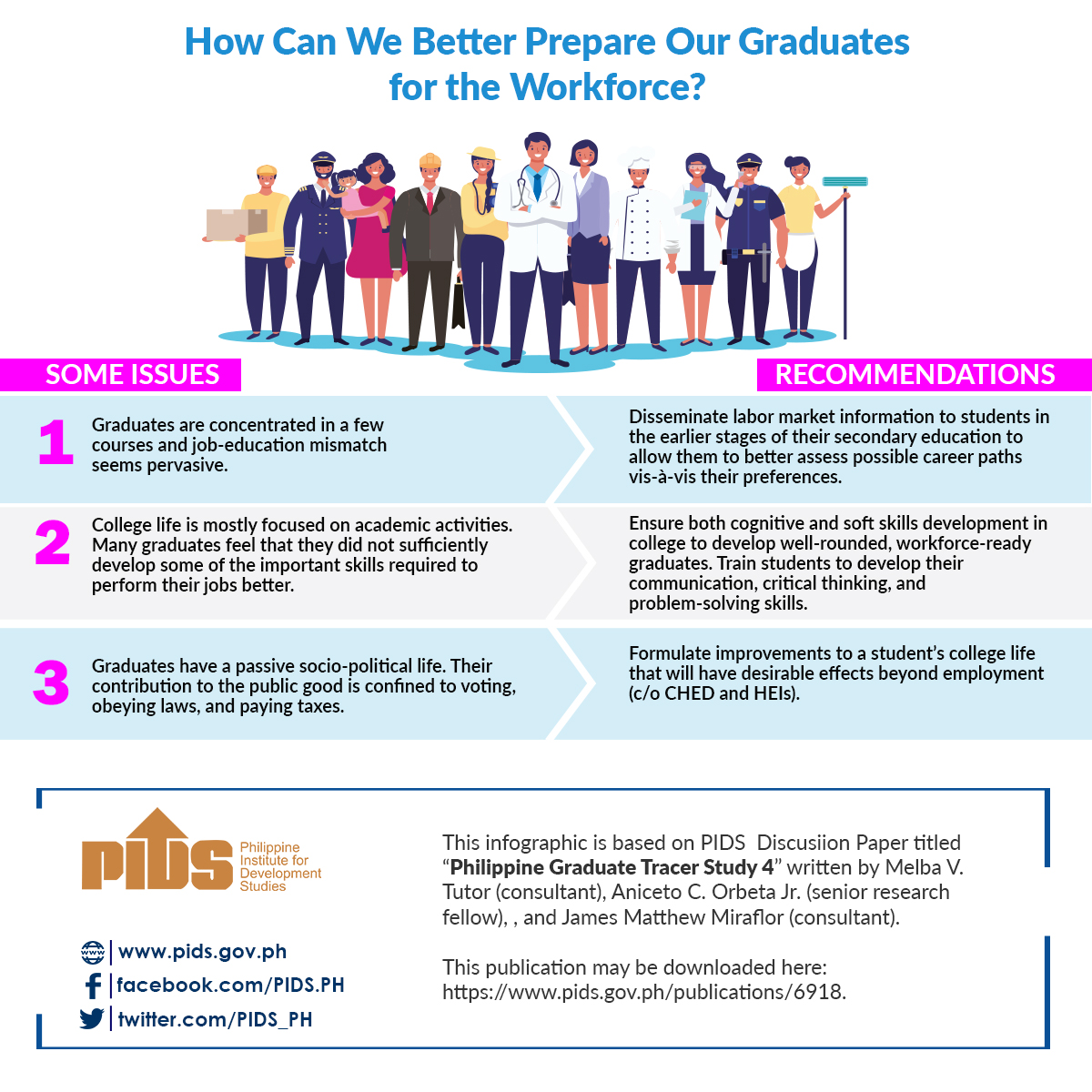Having trouble reading this email? View it in your browser. |
||||
 |
||||
|
||||
POLICY NOTE
This Policy Note revisits the Philippine small-scale mining and its promise in ensuring employment and economic opportunities. Among others, it finds that informality besets the small-scale mining sector. Behind this problem are several institutional, regulatory, and social issues confronting the sector and its stakeholders. For instance, the study reveals that its regulatory boards are not representative of key stakeholders that can positively contribute to the development of small-scale mining. Moreover, enforcement of mining laws has become an avenue for extortion by scrupulous government personnel. To date, child labor also pervades the sector. To address these concerns, the study recommends the formalization of the small-scale mining sector through the implementation of a national research program, sector profiling, and stakeholder analysis. It also calls for the balancing of the composition of regulatory boards to allow more stakeholder representation. It also urges the enhancement and strict implementation of the People's Small-scale Mining Program as indicated in the Small-scale Mining Act. Click here to download the policy note. DISCUSSION PAPERS DP 2020-17: Agricultural Employment and the Rural Household: A Characterization
This study aims to address a gap in existing data and literature regarding the socioeconomic profile of agricultural workers within rural households. It implemented a survey collecting panel data on the full range of labor and economic activities of rural households with agricultural workers, including patterns of employment and seasonality, other relevant worker and household characteristics, and the community-level context. A socioeconomic profile of rural and agricultural workers was developed. Statistical analysis confirmed that individuals of working age are more likely to become an agricultural worker if they are male, older, less educated, and are in a barangay with better rural infrastructure and more remote from the urban center. Moreover, weekly working hours for agricultural workers is greater for younger workers, for those that are better educated, and for those in barangays nearer the urban center. Several implications for policy and further research were stated. Click here to download the publication. DP 2020-16: PIDS-BSP Annual Macroeconometric Model for the Philippines: Preliminary Estimates Given new programs and policies in the Philippines, there is a need to formulate a macroeconometric model (MEM) to gain more insights on how the economy and its sectors are affected. This paper discusses the estimation of an annual MEM for policy analysis and forecasting with respect to the opportunities and challenges brought about by new developments. The formulation of an annual MEM is useful in assisting major macroeconomic stakeholder, such as the National Economic and Development Authority and the Bangko Sentral ng Pilipinas (BSP) in their conduct of policy simulations, macroeconomic surveillance, and economic analysis. Given this backdrop, the Philippine Institute for Development Studies and the BSP have collaborated to estimate an annual MEM, which has four blocks, namely, the real sector, fiscal sector, trade sector, and monetary sector. Using an Autoregressive Distributed Lag model approach, these sectors are modeled separately although the linkages with each other are specified. These sectoral models are then put together and a test on the predictive accuracy of the overall model was also performed. Some ways to further improve the annual MEM are also provided. Click here to download the publication. DP 2020-15: Projected Disease Transmission, Health System Requirements, and Macroeconomic Impacts The novel Coronavirus Disease 2019 (COVID-19) is a global pandemic that has infected at least 1.2 million people and caused more than 67,000 deaths worldwide. The Philippines has recorded 3,764 confirmed cases and 177 deaths as of April 7, 2020 and has implemented an enhanced Luzon-wide enhanced community quarantine (ECQ) from March 17 to April 30 in attempts to limit population movement and curb the spread of the epidemic. Based on the disease transmission model, it is projected that aggressive efforts in the post-ECQ period to isolate at least 70 percent of infectious cases through better contact tracing, social distancing, individual or household isolation, and reduced delays in time to seek care for symptomatic cases are necessary to suppress the outbreak. The COVID-19 epidemic is expected to affect not only the country's health system but also the economy. Projections based on a Leontief input-output model suggest that the Philippine economy may lose between 276.3 billion (best case) and PHP 2.5 trillion (worse case) due to COVID-19. Extending the ECQ by one more month may potentially cost the Philippine economy at least PHP 150 billion due to possible declines in household consumption as workers remain unemployed for longer periods. Click here to download the publication. DP 2020-14: Barriers to Application of Weather and Climate Information Benguet province's comparative advantage in the cultivation of high-value crops, such as cabbage, carrots, and potatoes, are evident in the high volume of production experienced year on year. This may be attributed to the province's favorable weather and climate. Climate change, however, may threaten the stability of mountain farming systems in the coming years if no proper measures for adaptation are put in place. This paper aims to understand the current barriers to the access and use of weather and climate information in agricultural decisionmaking as a means to cope with the changing climate. Study finds that, while farmers see the value of using weather and climate information, there is a lack of localized weather and climate information applicable to the microclimate of Benguet. The provision of information must also be supported with other interventions, such as access to low cost credit, to provide the other lacking resources farmers need to enact the optimal decision alternative. Click here to download the publication. DP 2020-13: Analysis of the 2020 President's Budget The government budget reflects the government's spending priorities. It is deemed important to assess whether the priorities as outlined in the proposed 2020 President's Budget are consistent with the policy pronouncements of the current administration. In this light, the study examines whether budget allocation is consistent with the priorities that the government identified in its various policy pronouncements. It also evaluates the overall fiscal picture as projected in the proposed budget and its consistency with the macroeconomic assumptions. In addition, it examines the national revenue program, which together with the national expenditure program, indicates the overall fiscal health in 2020. The budget analysis indicates the high spending priority given to social services sector and economic services sector that is consistent with the policy pronouncements of the government. Nevertheless, the budget cut in the health sector needs further inquiry. Click here to download the publication. DP 2020-12: Developing Rapid Climate Decision Analysis Tool in Small-holder High-Value Crop Farming This paper discusses collected data and initial results in developing the rapid climate decision analysis tool applicable to smallholder high-value crop farming in Atok, Benguet. The excel-based tool harnesses the knowledge of farmers and agricultural extension workers and aims to aid them in decisionmaking. Information gathered are yields, production costs and prices by crop, season, and amount of rainfall. The paper is part of the project titled, "Action ready climate knowledge to improve disaster risk management for smallholder farmers in the Philippines" that explores, among others, the context faced by farmers in making farm decisions, particularly those that are influenced by weather and climate information. Click here to download the publication. DP 2020-11: Assessing the Resurgent Irrigation Development Program
of the Philippines This study assesses the irrigation service areas of Angat-Maasim River Irrigation System (AMRIS) and Pampanga Delta Irrigation Systems (PDRIS) benchmarked against design area water availability, land use (including flood vulnerability), and status of irrigation facilities using resource assessment and watershed and irrigation modeling. The study finds that irrigation area of AMRIS fell below design area due to urbanization, lowered height of Bustos Dam, and further complicated by competing use of water for hydropower. Likewise, the PDRIS system only realized half of the target irrigation service area due to urbanization, flooding, and the low diversion dam height of Cong Dadong Dam. Among others, the study recommends conduct of periodic appraisal or assessment of the efficiency of irrigation water delivery operations through hydraulic model simulations to maintain and upgrade the irrigation facility as needed. Click here to download the publication. DP 2020-10: Barriers to Application of Weather and Climate Information in Cut Flower Production The province of Benguet has a competitive advantage in the production of cut flowers because of its unique weather and climate. However, the access to and use of information on weather and climate phenomena in agricultural decisionmaking is not guaranteed despite its provision. This presents a critical issue to examine given that the changing climate situation in the region could adversely affect production and living standards without reliable sources of information for the same. This paper explores the barriers in the applications of weather and climate information to DP 2020-09: Development of Crop Climate Calendars for High-Value Crops in Atok, Benguet: Crop climate calendars augment traditional crop calendars not only by specifying planting and harvest schedules but also by describing phenological states, cultivation practices, and weather and climate requirements that any crop faces throughout a cropping season. The case to document this information in Benguet is compelling. The mountainous province experiences a unique microclimate and phenomena, such as frost and hail, and derives income from the cultivation of high-value crops, such as carrots, cabbage, and potatoes, amid this. Focus group discussions with the municipal agriculturalists and farmer leaders in Atok, Benguet were conducted to understand their experiences and, from there, construct their crop climate calendar. The calendars produced in this exercise may serve as a solid foundation for the analysis of the community's climate-sensitive agricultural decisions. Click here to download the publication. DP 2020-08: Assessing the Resurgent Irrigation Development Program
of the Philippines This project aims to evaluate the effectiveness and efficiency of the government's irrigation program. It focuses on technical, physical, and institutional aspects of performance of both national (NIS) and communal irrigation systems (CIS), and selected case studies. The governance component describes and analyzes the governance mechanisms of the entire irrigation project cycle from planning to monitoring and evaluation. It draws on the findings from the other studies within this project, while focusing on governance, particularly higher-level issues cutting across national and communal systems and also across the other water sector agencies. Results of the study validated that the country's irrigation development plan is fragmented both vertically and horizontally. Respondents from the national agencies all agreed that an integrated irrigation development plan is needed. Recommendations include the establishment of water resource and research centers in academes to have a central body for data storage and analysis. An apex body to harmonize policies and programs across the water sector will also be ideal. Click here to download the publication. DP 2020-07:
The Community-Based Monitoring System (CBMS) as a Local Planning Tool: The study examines the use of Community-Based Monitoring System (CBMS) as a tool in drafting the local Comprehensive Development Plan (CDP). By understanding the current planning process, areas for improvement could be identified to improve local development planning, which will then lead to more efficient use of scarce public resources. Results of a nationwide survey of 1,373 municipalities show that majority of municipalities use CBMS, not just for ecological profiling in development planning but also for budget preparations and priority setting. Local governments allocate funds for CBMS data collection (primarily to hire data enumerators), but not regularly so. Furthermore, there was evidence that there could be improved utilization of existing CBMS data and indicators. These results seem to suggest that municipal development planning practices generally follow the Department of the Interior and Local Government-prescribed development planning and recognize the importance of this being evidence-based. Likewise, some areas for improvement include reorientation of local planners with the CBMS and regular updating of development indicators for more relevant and impactful development policies. Click here to download the publication. |
In line with the further extension of the Enhanced Community Quarantine (ECQ), the Philippine Institute for Development Studies (PIDS) shall continue to implement the work-from-home scheme until May 15, 2020.
The Philippine Journal of Development is a professional journal published by the Philippine Institute for Development Studies. It accepts papers that examine key issues in development and have strong relevance to policy development. As a multidisciplinary social science journal, it accepts papers in the fields of economics, political science, public administration, sociology, and other related disciplines. It considers papers that have strong policy implications on national or international concerns, particularly development issues in the Asia-Pacific region. CLICK HERE for the guidelines in the preparation of articles. Submissions and inquiries may be sent to PJD@mail.pids.gov.ph. |
|||
The employment rate in the country’s services sector grew significantly, a study of state think tank Philippine Institute for Development Studies (PIDS) said. “Services are embodied in goods production, either as inputs (such as design, marketing, or distribution costs included in the value of a good) or as trade enablers (such as logistics services or ecommerce platforms),” the authors said. READ MORE
Financial support from government influences the decision of MSMEs to undertake organizational and marketing innovation. This is according to a study published by state think tank Philippine Institute for Development Studies (PIDS) based on data from the 2015 Survey of Innovation Activities of Establishments.
The Japan-Philippines Economic Partnership Agreement or JPEPA had minimal impacts on the growth of Philippine exports after more than a decade of enforcement. Entered into force in December 2008, the JPEPA is an economic agreement between Japan and the Philippines to facilitate and promote free transborder flow of goods and services, capital, and people across the two countries. READ MORE
The Philippine government needs to be able to isolate 70 percent of symptomatic cases of the coronavirus disease (COVID-19) if it wants to further push the peak of the pandemic and ease the burden on the country’s health system.
The Philippines may suffer economic losses between PHP 276.3 billion and PHP 2.5 trillion due to the coronavirus pandemic, a study of state think tank Philippine Institute for Development Studies (PIDS) titled “Projected disease transmission, health system requirements, and macroeconomic impacts of the Coronavirus Disease 2019 (COVID-19) in the Philippines” revealed.
The Asia-Pacific Economic Cooperation (APEC) has a weak influence in shaping the policies of the Philippine government.
A study of state think tank Philippine Institute for Development Studies (PIDS) called on government to craft policies and programs that will give value to the unpaid work of Filipino men and women.
Filipino professionals may not fully benefit from the mutual recognition arrangements (MRA) established by the Association of Southeast Asian Nations (ASEAN) due to the strict domestic regulations among ASEAN member-states.
A large number of Filipino children have untimely vaccination, a study of state think tank Philippine Institute for Development Studies (PIDS) revealed. Specifically, they looked into the routine basic immunization given to children, which include Bacillus Calmette-Guerin, Oral Polio Vaccine, Diphtheria Pertussis and Tetanus (DPT), and measles vaccines. | ||||
POLICY ISSUE AT A GLANCE Life After College: How Are Our Graduates Doing?How are graduates of Philippine higher education institutions (HEIs) doing after graduation? Do the knowledge and skills they learned in college made them employable? Are their jobs relevant to their degrees? How did their college experience influence their socio-political participation and life satisfaction? This infographic, which is based on the results of a graduate tracer survey conducted by the Philippine Institute for Development Studies and the Commission on Higher Education, shows the relationship between college experience and post-college life including labor market and socio-political participation. It also outlines some issues and recommendations for the higher education sector. To view in actual size, visit the PIDS website or the PIDS Facebook page. FACT FRIDAY
Here's our #PIDSFactFriday video on the job prospects for senior high school graduates and the willingness of firms to hire them. |
||||
Need help? Have feedback? Feel free to contact us. |
||||
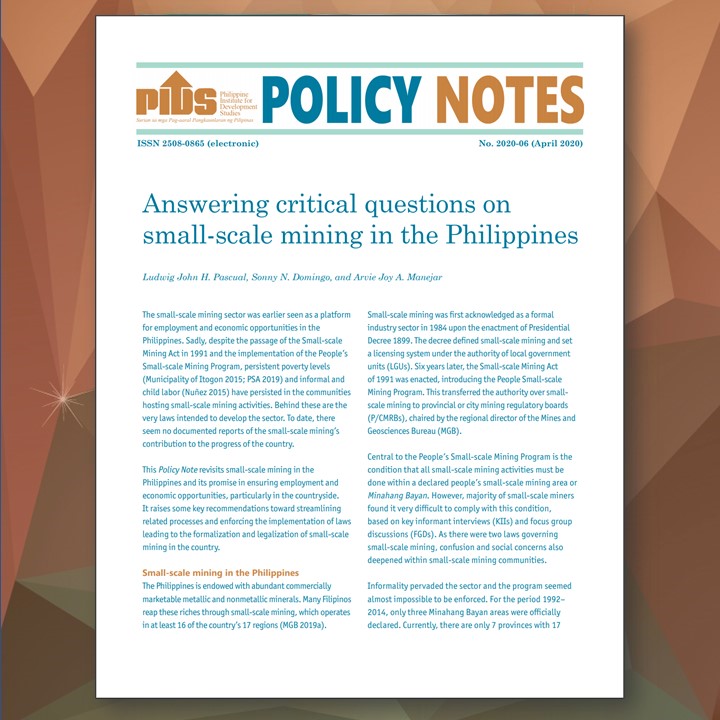

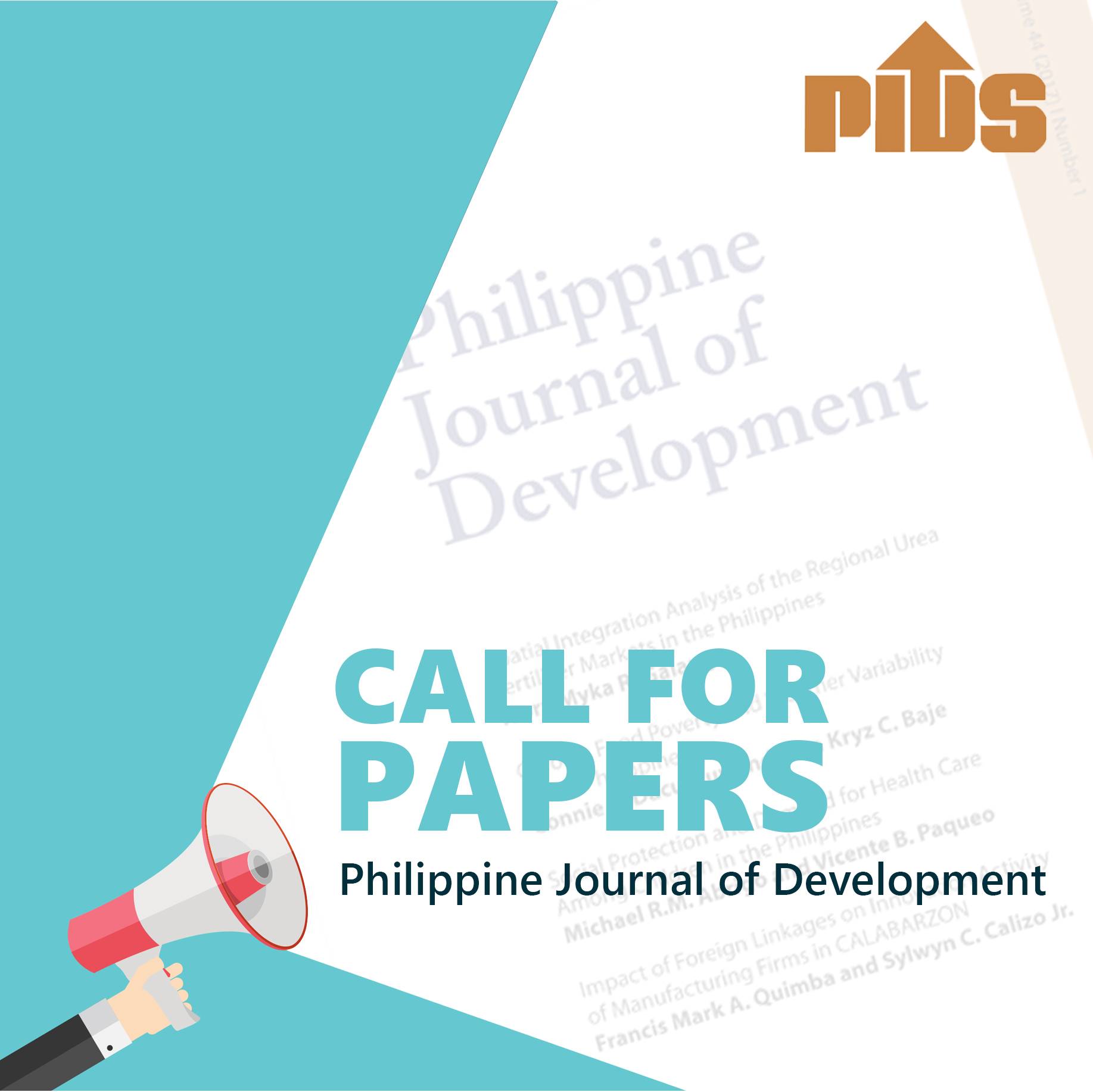
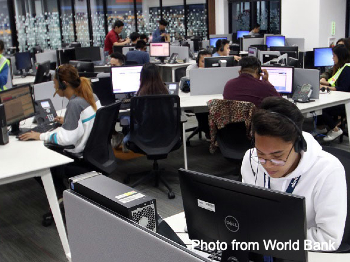
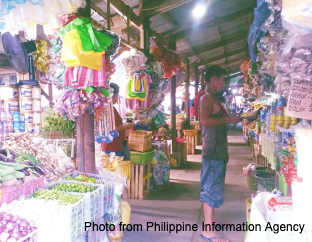

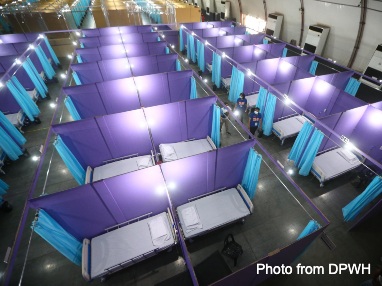
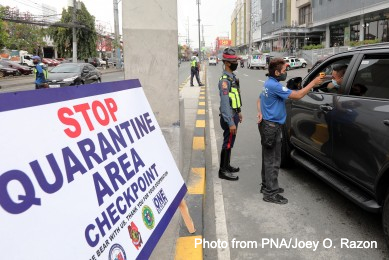
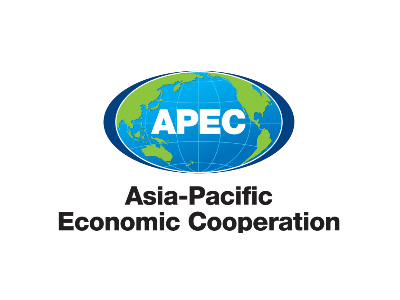

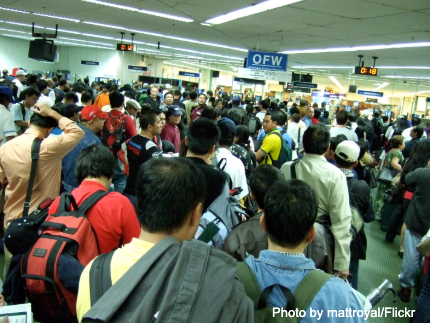
.jpg)

